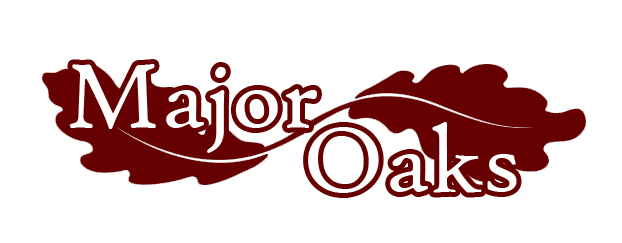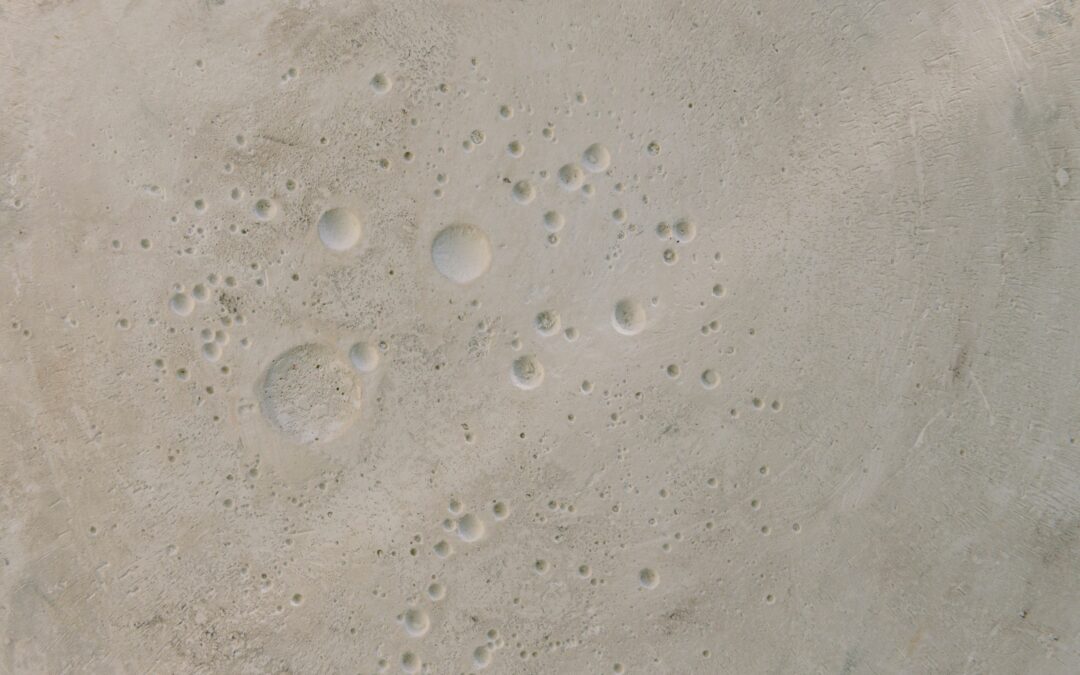Today, we’re unraveling the enigma of mortar flaking, a challenge that can undermine the structural integrity of your hardscape projects. Join us as we explore the depths of this issue and equip you with expert insights to fortify your hardscape foundations.
The Intricate Puzzle of Mortar Flaking
Mortar, often an unsung hero in hardscape construction, plays a critical role in binding bricks, stones, and pavers into cohesive, beautiful structures. However, when mortar begins to flake, it can lead to a cascade of issues. Let’s delve into the world of mortar flaking, uncover its causes, and discover how to address it effectively.
Unmasking the Root Causes of Mortar Flaking
Moisture Marauders: Water, a vital element in the construction process, can become a villain when it infiltrates mortar joints excessively. This moisture weakens the bonds within the mortar, eventually leading to flaking.
The Freeze-Thaw Feud: In regions with fluctuating temperatures, the freeze-thaw cycle is a formidable foe. As water within mortar joints freezes and expands, it creates micro-cracks and sets the stage for flaking.
Mortar Mix Mismatch: The quality and compatibility of mortar mix are paramount. Using substandard materials or mismatched mortar can accelerate the deterioration process.
Mastering Mortar Flaking: Strategies for Success
Now that we’ve unveiled the causes, let’s explore strategies to combat mortar flaking and ensure the resilience of your hardscape projects.
Material Mastery: Always choose high-quality mortar designed for your project’s specific requirements. Ensure it complements the adjacent materials, be it bricks, stones, or pavers.
Mixing Magic: Follow the manufacturer’s instructions for mortar mixing meticulously. Achieving the right consistency is vital; excessive or insufficient water can lead to flaking problems.
Weather-Resistant Solutions: In regions prone to freeze-thaw cycles, consider using weather-resistant mortar formulations. These are engineered to withstand the challenges posed by fluctuating temperatures.
Strategic Drainage: Pay close attention to the drainage systems in your hardscape design. Effective drainage prevents excess water from infiltrating mortar joints.
Routine Maintenance: Conduct regular inspections of your hardscape and address any indications of mortar flaking promptly. Repointing or repairing damaged joints can prevent further deterioration.
Preventing Future Mortar Flaking
Prevention is the linchpin to ensuring the longevity of your hardscape. Here are additional strategies to shield your hardscape from the specter of mortar flaking:
Sealing Solutions: Consider applying a top-quality masonry sealer to safeguard mortar joints against moisture intrusion and environmental stresses.
Expert Consultation: When in doubt, consult with seasoned hardscape professionals who can assess your project’s unique demands and recommend tailored mortar solutions.
In conclusion, while mortar flaking may pose challenges to hardscape projects, you can confidently overcome them with the right knowledge and techniques. Invest in quality materials, stay vigilant, and proactively take preventive measures to ensure your hardscape remains a symbol of enduring strength and beauty. At Major Oaks, we’re dedicated to your success, offering expertise that fortifies your outdoor spaces. Happy reading and even happier hardscaping!

